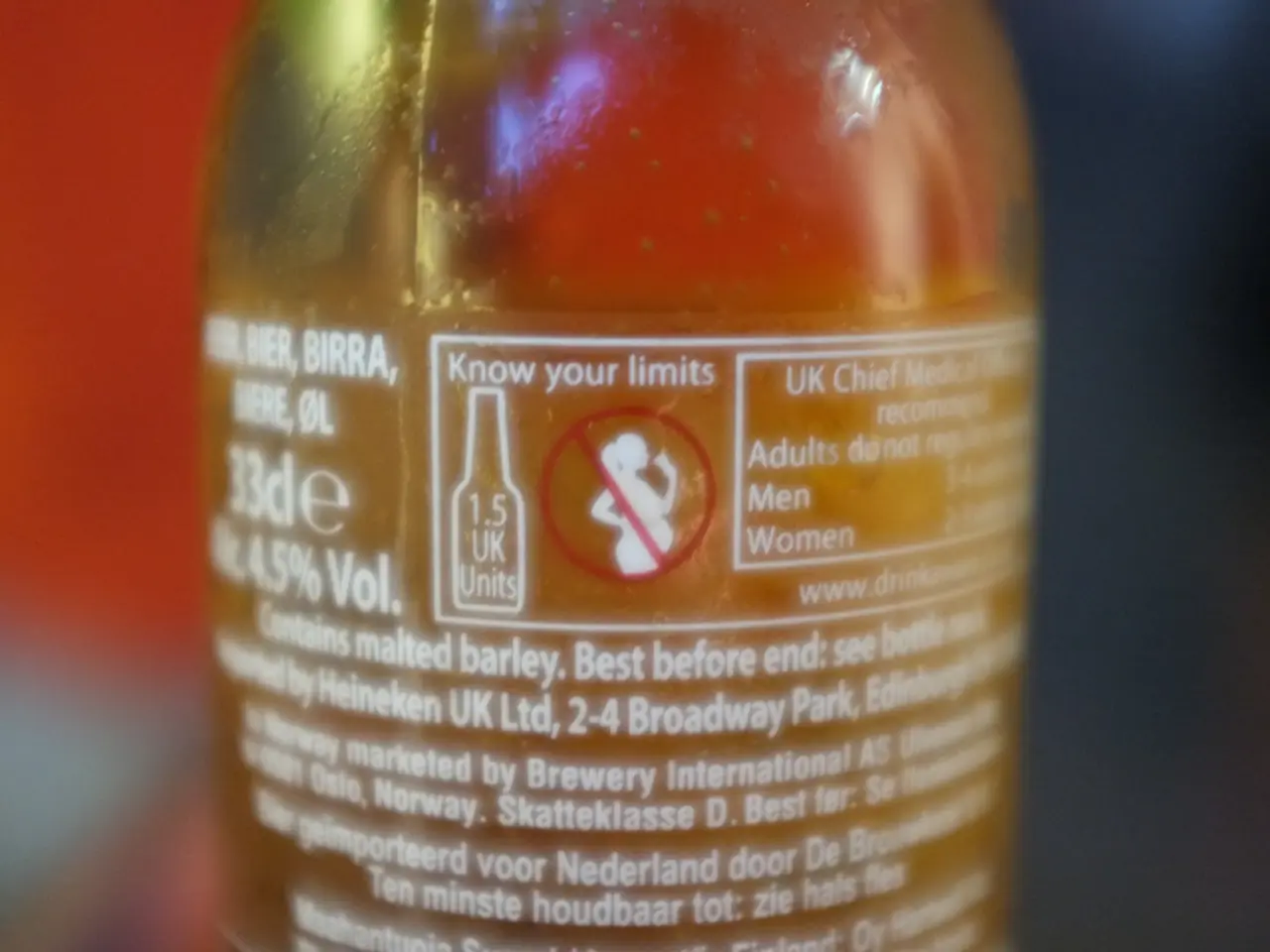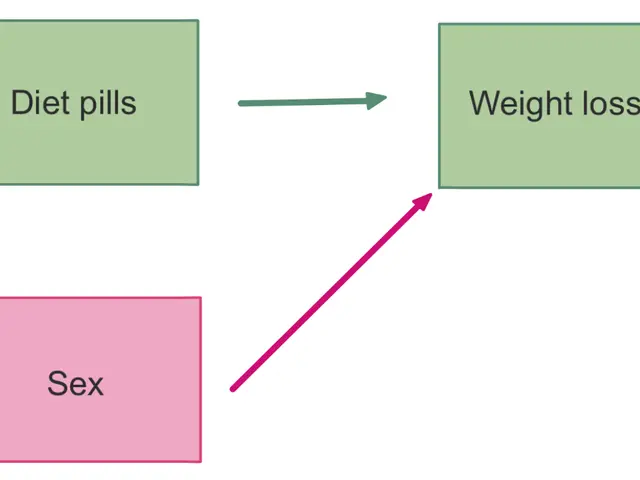Sunscreen remains essential over supplements for skin protection
A recent investigation by the Consumer Centre North Rhine-Westphalia (NRW) has revealed that only nine out of 23 sun capsule products tested adhered to the self-commitment of carrying a smoker warning, indicating less than half of manufacturers are following the guidelines. The investigation also found that seven of these products exceeded the maximum acceptable daily limit of 15 milligrams for added beta-carotene.
The investigation has sparked concerns about the safety and effectiveness of these sun capsules. While some countries outside the European Union (EU) have imposed daily limits for beta-carotene, the EU does not have a unified maximum limit for beta-carotene in supplements. This is largely due to the regulatory framework in the EU, where maximum levels for vitamins and minerals in supplements are not harmonized at the EU level but instead left to individual Member States to determine based on risk assessments and safety data.
The investigation found that only three out of 23 tested products meet the daily maximum recommendation, while 17 products contain more beta-carotene and should, according to self-commitment, carry a warning for heavy smokers or time-limited use. Three products were found to contain a daily dose between 3.6 and 4.8 milligrams of beta-carotene, exceeding the industry's self-regulation and the recommended maximum of 3.5 milligrams per day by the Federal Institute for Risk Assessment.
The advertising claims for sun capsules, such as "For natural tan and skin protection", "Sun-fit", and "improved light protection", have come under scrutiny. The NRW has criticized the advertising for "Sun Capsules" with beta-carotene, stating that the claims are misleading and do not reflect the scientific evidence. Studies have indicated potential risks with high beta-carotene intake, such as an increased risk of lung cancer in smokers, but the scientific consensus and regulatory bodies have not yet established definitive upper safe intake levels at the EU-wide level.
In response to these findings, the Consumer Advice Centre NRW has called for legal upper limits for micronutrients in dietary supplements due to inadequate self-regulation by the food industry. They find it incomprehensible that such dietary supplements are on the market. More information about beta-carotene capsules and sun protection can be found at [www.klartext-nahrungsergaenzung.de/node/10733](www.klartext-nahrungsergaenzung.de/node/10733). The position paper of the consumer advice centers and the Federal Association of Consumer Centers can be found at [https://www.verbraucherzentrale.de/node/102627](https://www.verbraucherzentrale.de/node/102627).
It is important to note that beta-carotene does not provide comprehensive protection against UV radiation/sunlight. High-dose beta-carotene intake can be harmful to health. National regulations are necessary if European implementation continues to be delayed. Consumers are advised to exercise caution when purchasing and consuming sun capsules and to consult with a healthcare professional before starting any new supplement regimen.
- The concerns about sun capsules extend to other health-and-wellness products, such as supplements and skin-care products, as the regulatory framework in the EU allows for varying maximum levels of micronutrients in supplements, posing questions about their safety and effectiveness.
- The investigation reveals a need for stricter regulations on sun-related products, including sun capsules, as the self-regulation by the food industry is proving to be inadequate, leading to misleading advertising claims and potentially harmful products.
- Given the potential risks associated with high beta-carotene intake in supplements and skin-care products, especially for smokers, it is crucial for consumers to seek advice from healthcare professionals before incorporating any new health-and-wellness products, such as sun capsules, into their daily routines.







